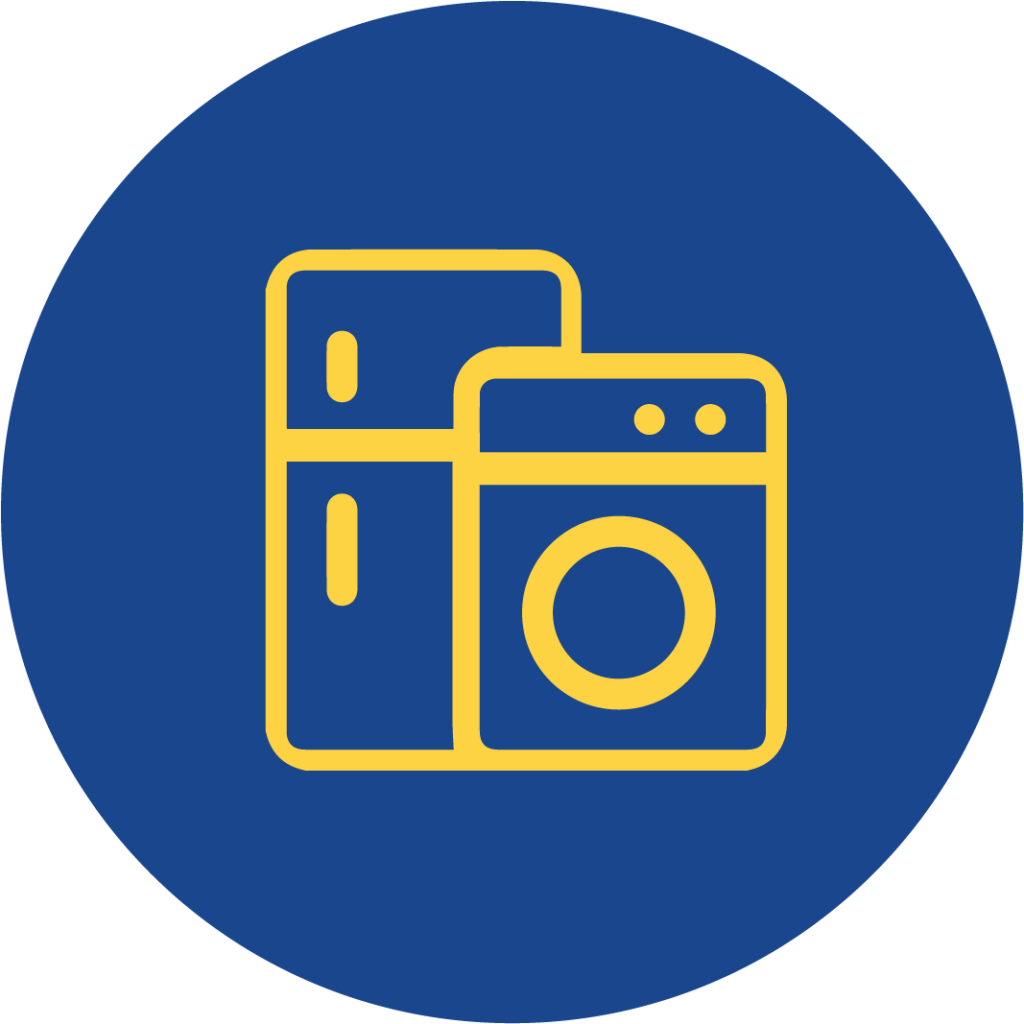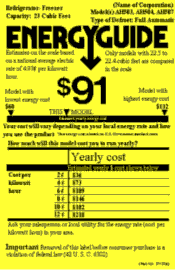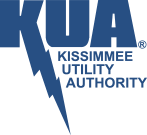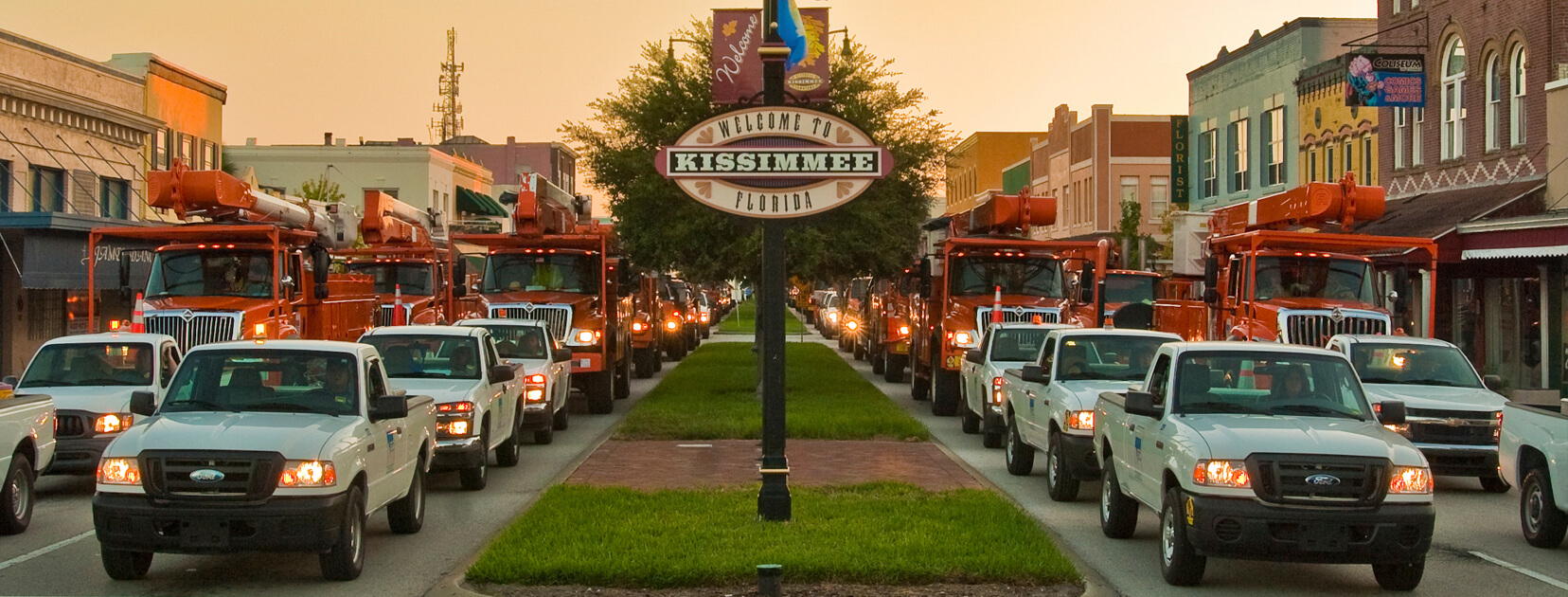
These three areas typically are places where people sometimes forget to practice energy conservation. How many times do you let the hot water run in the sink while shaving, stand with the refrigerator door open while looking for something to eat, or use the clothes dryer when it’s a beautiful day outside? Remember these helpful tips:
Kitchen
Use cold water rather than hot to operate your food disposal. This saves the energy needed to heat the water, is recommended for the appliance, and aids in getting rid of grease.
Keep range-top burners and reflectors clean. They will reflect the heat better, and you will save energy.
Match the size of pan to the heating element. More heat will get to the pan; less will be lost to surrounding air.
Turn off the burners or oven several minutes before the allotted cooking time. The heating element will stay hot long enough to finish the cooking for you without using more electricity.
When using the oven, cook as many foods as you can at one time.
Don’t continually open the oven door to check food. Every time you open the door heat escapes and your cooking takes more time and uses more energy.
Use small appliances (electric pans, convection ovens) for small meals. They use less energy.
Keep the refrigerator door openings to a minimum and get the food in or out as quickly as possible to minimize cold air loss.
Clean the dust from the refrigerator’s condenser coils (located in the back or under the appliance) every few months. Dust acts as insulator, which decreases refrigerator efficiency.
Defrost the refrigerator when the frost builds up to 1/4″ for maximum efficiency.
Check the refrigerator door seals for tightness. This can be done by closing the door on a piece of paper so it is half in and half out. If you can pull the paper out easily, the seal may need repaired or replaced. Also apply a light coat of Vaseline on the gasket to enhance the effectiveness of the seal.
Refrigerator Temperature Settings:
Don’t Keep your refrigerator or freezer too cold. Recommended temperatures are 35°- 38°F for the fresh food compartment and 0°F for separate freezers for long term storage. Check the refrigerator temperature by placing an appliance thermometer in a glass of water in the center of the refrigerator. Read it after 24 hours. Check the freezer temperature by placing a thermometer between frozen packages. Read it after 24 hours.
Consider purchasing higher efficiency appliances. ENERGY STAR® Refrigerators Are Cool! ENERGY STAR-qualified refrigerators use 15% less energy than non-qualified models. Models with top-mounted freezers use 10% – 25% less energy than side-by-side or bottom-mount units. Reference: http://energy.gov/energysaver/kitchen-appliances
Bath
Take a shower rather than tub baths. Less hot water is usually used for short showers than for tub baths.
Do not leave water running while shaving, brushing teeth, etc. Why pay for all of that wasted hot water going down the drain?
Laundry
Wash and rinse clothes in cold water. You’ll save energy and money by only using hot water when necessary.
Wash only full loads of laundry, but don’t overload the washer.
Pre-soak when washing heavily soiled garments. You’ll avoid two washings and save energy.
Keep the lint screen in the dryer clean. Remove lint after each load. Lint impedes the flow of air in the dryer and requires the machine to use more energy during its cycle.
Remove items as soon as the dryer stops. This avoids unnecessary wrinkling that will require pressing.
Save energy by using the old-fashioned clothesline, when practical. As a bonus, clothes dried outdoors often seem fresher and cleaner than those taken from a mechanical dryer.
Keep the outside exhaust of your clothes dryer clean. Check it regularly. A clogged exhaust lengthens the drying time and increases the amount of energy used.
If your dryer has an automatic dry cycle, use it. Over drying merely wastes energy.
Remember to use appliances according to manufacturer’s directions and ensure proper maintenance.
How to save additional energy at home.

- Empty or replace the vacuum cleaner bag frequently for efficient operation.
- Remember to turn off the TV and radio when no one is around.
- Use kitchen and bathroom exhaust fans only when necessary.
- If you have a fireplace, close the damper (or glass doors, if you have them) when the fireplace is not in use.
- When using your fireplace, turn the room thermostat down and close the room off. Fireplaces that use outside air have a glass door and air circulation pipes are much more efficient.
- Remember to buy the right size appliance. Don’t buy one that is larger or more powerful than you need. Air conditioners and refrigerators are two types of appliances where size is closely related to energy economy.
- Energy Guide cost labels are used on refrigerators, refrigerator-freezers, freezers, water heaters, dishwashers, and clothes washers.

